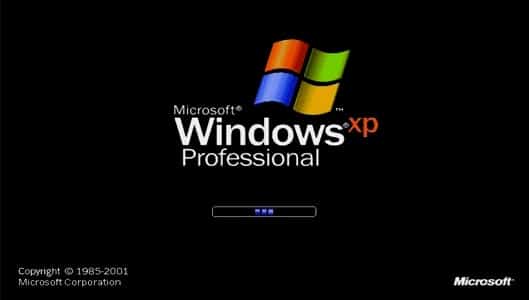Why you should STOP using Windows XP as soon as possible
Windows XP really was a great operating system. Perhaps the best received operating system from Microsoft to date. And soon after its 2001 release it was soon dominating the marketshare.
Yes, you read that right. Windows XP was released in 2001. In fact, initial development on Windows XP began in the 1990s!
That’s part of the reason why using Windows XP today isn’t a really good idea. Development of the operating system began two decades ago. And things have changed A LOT since then. Especially in the area of cyber security.
Yes, the primary reason why using Windows XP is no longer a good idea – other than it probably isn’t compatible with recent hardware or software – boils down to security.
Not just your security, but the security of other people too.
Sponsored Content. Continued below...
Microsoft stopped support for Windows XP completely in 2014, an unprecedented 13 years after its initial release. What that means is that when new threats are discovered that exploit vulnerabilities in the Windows software, Microsoft won’t fix them with a security patch.
That’s bad. Threats that exploit vulnerabilities in software (aptly called “exploits”) can be much more difficult to prevent than, for example, traditional ways of spreading malware. That’s because severe exploits don’t necessarily rely on the user falling for an Internet scam or compromising their own security. The exploit targets a vulnerability in the software, not in the user’s actions.
As such, actions such as merely visiting a website could be sufficient to get yourself infected (called “drive by exploits”) and exploits could very well bypass your security software.
Given that Microsoft stopped support for Windows XP a number of years ago, it is inevitable that crooks will be exploiting a number of vulnerabilities targeting the aged operating system. Think of Windows XP as a boat that has lost its capability to patch up holes. As more and more holes appear, letting in more water, it’s only a matter of time before the boat sinks. Or, in this case, getting yourself infected or compromised.
Sponsored Content. Continued below...
It’s not only your own security you put at risk, either. The 2017 ransomware attacks that affected large parts of Europe and the UK’s National Health Service demonstrated that computers running Windows XP could be used to help spread malware across networks. Such computers, which were helplessly vulnerable to much more modern malware, proved to be successful mediums for the computer worm that used them to propagate networks, and infecting further machines with dangerous ransomware.
It’s not just computer worms that can exploit Windows XP machines. Botnets – networks of infected computers controlled by a master computer – will frequently target Windows XP machines, harnessing their collective power to orchestrate cyber-attacks like DDOS (distributed denial of service attacks) or mass spam campaigns.
Research shows that millions of devices are still using Windows XP. Yes, it was a great operating system. But now it makes you a liability, not just to your own security but to the security of others. No one likes updating, be it your software or your hardware, but if you’re using XP, it really is time to take the plunge.
Continued below...
Thanks for reading, we hope this article helped, but before you leave us for greener pastures, please help us out.
We're hoping to be totally ad-free by 2025 - after all, no one likes online adverts, and all they do is get in the way and slow everything down. But of course we still have fees and costs to pay, so please, please consider becoming a Facebook supporter! It costs only 0.99p (~$1.30) a month (you can stop at any time) and ensures we can still keep posting Cybersecurity themed content to help keep our communities safe and scam-free. You can subscribe here
Remember, we're active on social media - so follow us on Facebook, Bluesky, Instagram and X
